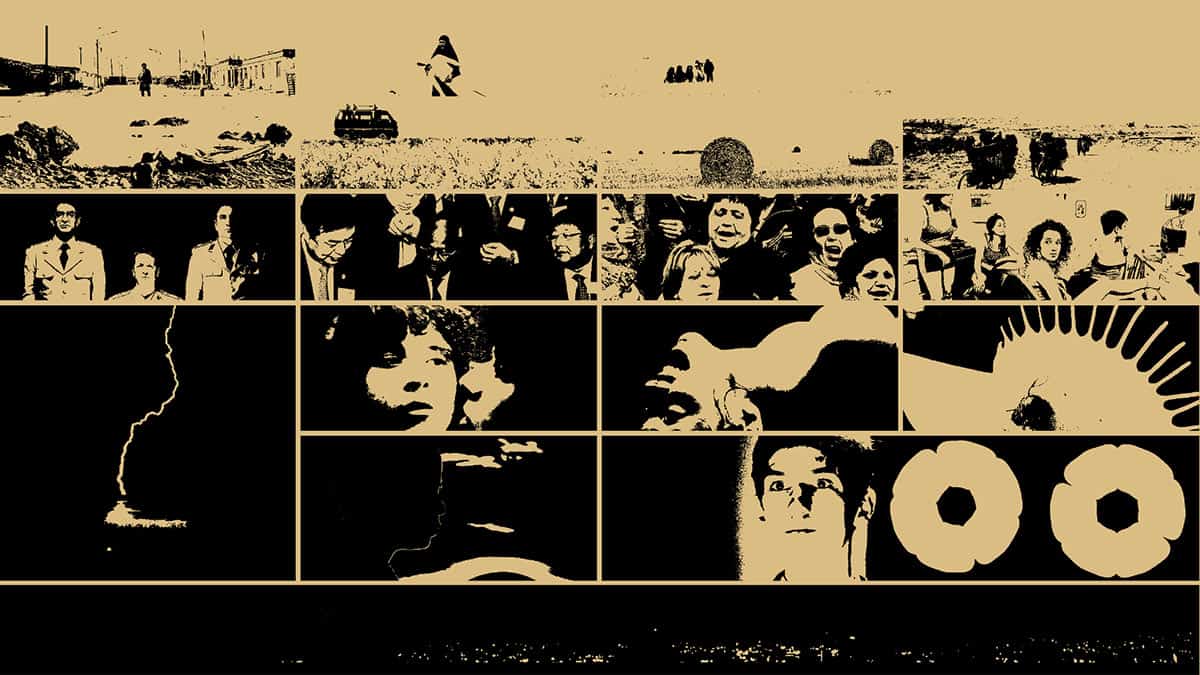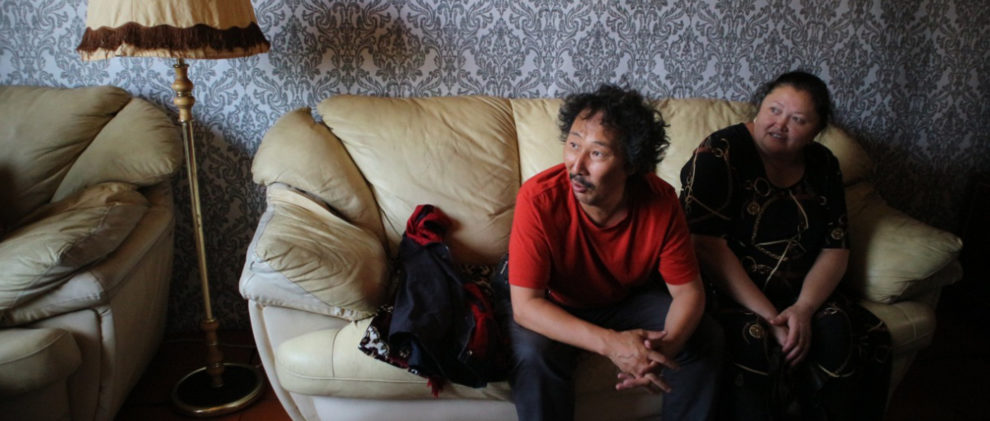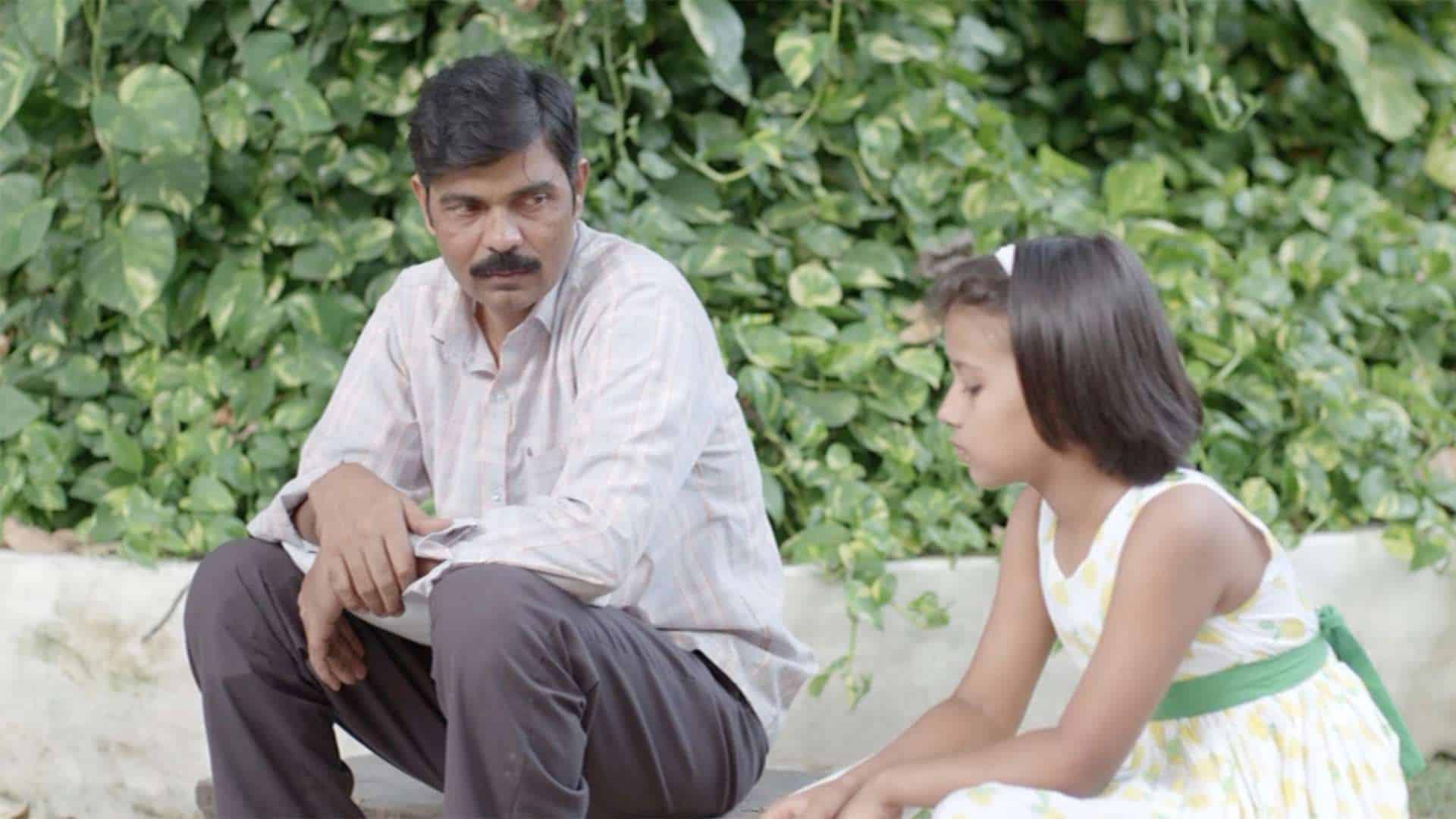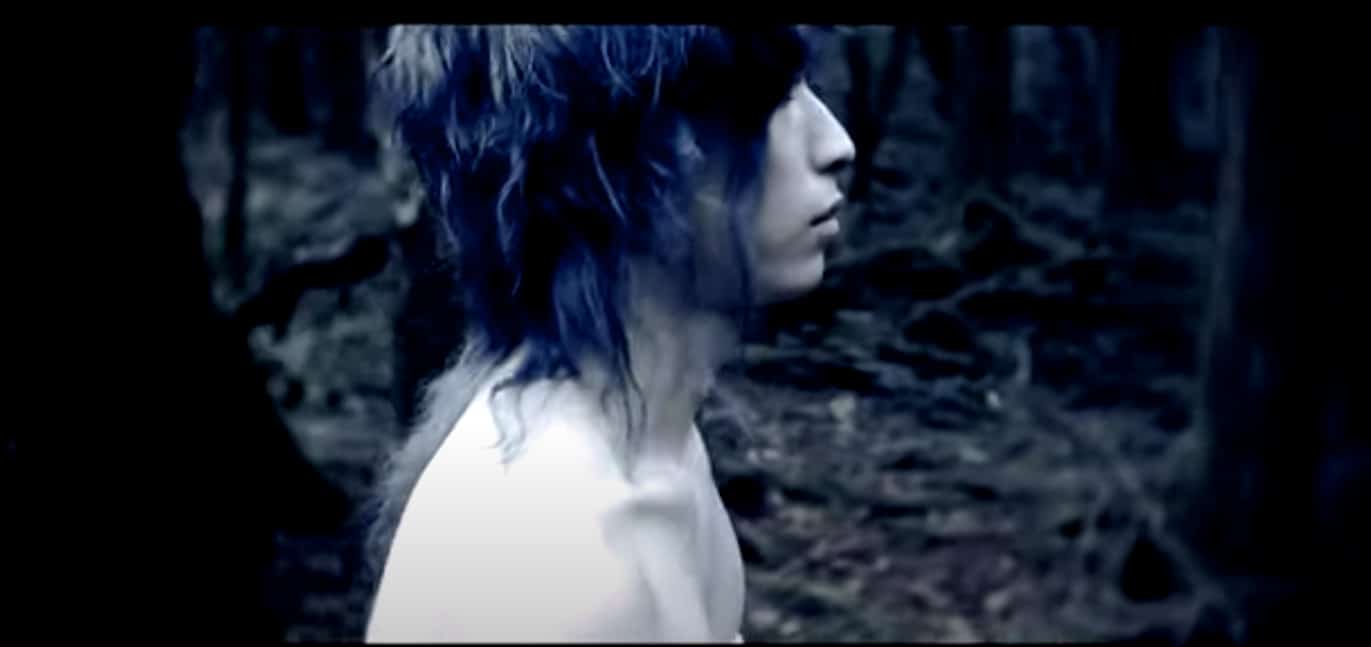In the past couple of years Kazakh cinema grew into one of the most exciting cinematic landscapes, giving us precious works coming from the likes of Adilkhan Yerzhanov (“A Dark, Dark Man”, “Yelow Cat” and “Ulbolsyn”), Yernar Nurgaliev (Sweetie, You Won't Believe It”), Darezhan Omirbaev (“Poet”) or Bolat Kalymbetov (“Mukagali”). These films have unfortunately brushed past people who didn't have a chance to attend the international film festivals, as barely any of them had its theatrical release outside of their geographical region.
“Fire” is screening at Black Movie International Festival of Independent Movies

The newcomer Aizhan Kassymbek is the name to remember. Actually, it's a name that somehow rings a bell: Kassymbek is the daughter of Kanymbek Kassymbekov who hasn't made that many films during his long career (only five between 1972-2008), but they managed to stick out for their humor and wit. To be fair, one couldn't speak of the ‘inherited' talent since Kassymbek's style isn't comparable to any of the filmmakers mentioned above, including her father. Her humor is warm and quaint, and the most sinister situations are glimpsed at through slightly pink-tinted glasses. This explains why so many awful things that happen to Tolik (Tulepbergen Baissakalov), the main hero of her debut feature “Fire”, can be chewed and digested with relaxed curiosity about the limits of human endurance.
Tolik gets constantly reminded that no good deed goes unpunished. Within only one day he gets a bucketfull of nasty surprises enough to kill his spirit, and yet he doesn't let anything bring him out of balance up to the moment when the wealthy parents of the boy who made his teenage daughter Saule (Adina Bazan) pregnant insult his family as grifters. He keeps his anger inside, but lets it on the mini-van's steering wheel and this whole frustration will explode way later, when it's literally all about life and death. This event will give him strength to finally answer- or even hit back.
Nothing goes well for this working class man who has abandoned his countryside life in hopes to ‘make it' in the capital. Now, many years after that life-changing step, aware that this trade wasn't optimal, he is doing his best to support his family through the courier work, delivering daily bread to local shops. The realization that his paycheck can not cover the debt to creditors and friends, not to mention to feed his growing family, makes him desperate and at the same time not very inventive on how to earn more and change things to better.
Due to Kassymbek's gentle approach to Tolik's character and the subtle humor that doesn't let the story become one of the dark, drab dramas typical of the wider post-Soviet region, “Fire” remains very original in its approach to one man's hardships and his slow adaptation to the new reality. She doesn't only show a great deal of compasion for Tolik, but also for each of the film's side characters. None of them is turned into a victim, and none of them is presented one-dimensionally. Even if there is a small hint at someone's potential ‘greediness', this changes the moment someone else is in need. For instance, Tolik's heavily pregnant wife Altynai (Mansuk Antmuhanbetova) who previously had many ideas as to what a bank loan could contribute to the household, doesn't only try to help with paying of family's debts by baking delicacies for small stores, she finds time to help the neighbour with her household and chidren as well.
“Fire” is pretty much about family and friendships, about strong (and healthy) bonds that make one's life easier to live despite of all hardships. And about Salsa. The ending – so wonderful in its simplicity, boosts with new optimism and let us presume that Tolik will be just fine. Responsible for easing the general atmosphere is also the bright photography by the cinematographer Aigul Nurbulatova who was behind the camera in Olga Korotko's “Bad Bad Winter” that screened in Cannes' ACID program in 2018. The reds and the yellows, and the flower-patterned wallpaper in Tolik's kitchen lift up the mood in heaviest of moments.
The film was shot by an almost all-female crew which complicated things a bit. According to the director in an interview she gave to L'Officiel Singapore, it wasn't only difficult to convincepeople from administrative departments to take her or the crew seriously, there was also a general conviction that she could not possibly be ‘qualified' due to her young age. Just like her short films, “Fire” is inspired by one of the four basic elements.
















